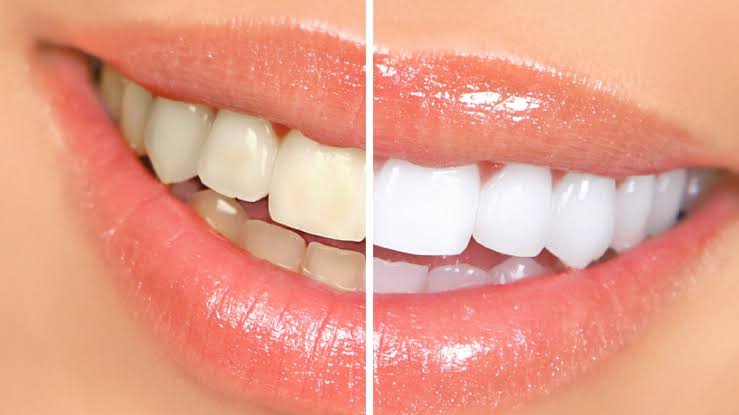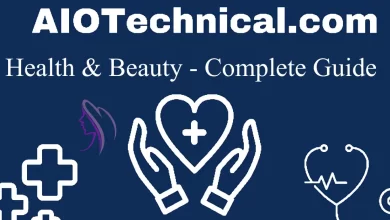The pursuit of the proverbial fountain of youth might lead us down varied paths, but one area many tend to overlook is the crucial link between aging and oral health. It’s no secret that our bodies change as we grow older, and these changes can significantly impact our oral health.
For aging adults, maintaining a radiant smile isn’t just about aesthetics; it’s an essential component of overall well-being. In this comprehensive guide, we’ll explore the pivotal role of oral health in the aging process and provide an arsenal of tips to ensure your teeth stay strong and healthy throughout the golden years.
Understanding Aging and Oral Health
Changes In Oral Health With Age
The aging process brings about a series of oral health changes, including the natural receding of the gums, which can expose the roots of the teeth to potential decay. Furthermore, the nerves in teeth can become less sensitive, making it harder to detect cavities or other issues that would typically cause pain thus resulting in delayed treatment. Understanding these changes is the first step in effectively addressing them.
Common Dental Issues in Aging Adults
Common dental issues that affect the elderly include:
- Dry Mouth: Medications and certain medical conditions can lead to reduced saliva production, which is vital for washing away food particles and neutralizing acids that can lead to cavities.
- Gum Disease: Inflammatory diseases like gingivitis and periodontitis are more prevalent in older adults due to the accumulation of plaque and tartar, which worsens with age.
- Tooth Decay: Decreased saliva and poor oral hygiene can contribute to an increase in tooth decay.
- Tooth Loss: The risk of tooth loss increases with age, which can be due to several factors, including decay, gum disease, and wear and tear over time.
Recognizing the signs of these issues and seeking prompt dental care is crucial in preserving oral health.
Essentials for Oral Health in Aging Adults
Maintaining robust oral health as we age requires not only understanding the challenges but also actively employing effective strategies to combat them.
Regular Dental Check-Ups
Semi-annual visits to the dentist are not just for children; they are equally important for aging adults. These routine check-ups allow the dentist to monitor changes in your mouth, address issues early, and provide cleanings that help to remove plaque and tartar, lowering the risk of gum disease and decay. There are dentists in Simpsonville, South Carolina who specialize in caring for the elderly and have experience dealing with age-related oral health concerns.
Proper Oral Hygiene Practices
Good oral hygiene is a lifelong commitment. Using fluoride toothpaste, flossing daily, and considering an antimicrobial mouthwash can help prevent oral health issues. For those with limited dexterity, tools such as electric toothbrushes and water flossers can make the process easier and more effective.
Nutrition and Its Impact on Oral Health
A well-balanced diet rich in essential vitamins and minerals, and low in sugar, is not only for your overall health but also for your teeth. Foods high in sugar and acids can lead to decay and should be consumed in moderation. Additionally, foods that are hard or require significant chewing can improve jaw strength and gum health.
Preventive Measures and Treatments
Preventative care is the cornerstone of maintaining optimal oral health, especially as we age.
Importance of Preventive Care
Preventive care can save you from a world of pain and expense. Simple measures like fluoride treatments and sealants can protect your teeth, and regular cleanings can prevent the build-up of harmful substances in your mouth.
Common Treatments for Age-Related Dental Issues
From fillings and crowns to root canals and dental implants, there are a variety of treatments available to address common dental issues in aging adults. The key is to be aware of your options and work with your dentist to determine the best course of action for your individual needs.
Role of Technology in Modern Dental Care for Seniors
Modern dental technology has revolutionized the way we approach oral health. Innovations like 3D imaging for implant planning, laser dentistry for periodontal treatments, and digital scanning for custom-fit restorations are just a few examples of advancements that benefit aging patients.
Lifestyle Tips for Healthy Aging Teeth
Importance of Hydration
Staying properly hydrated is essential for saliva production and overall oral health. The general recommendation is to drink eight 8-ounce glasses of water each day, but individual needs may vary based on factors like climate and activity level.
Avoiding Tobacco and Excessive Sugar Intake
Tobacco use is a leading cause of oral cancer, and it can also negatively affect your gums and teeth. Similarly, excessive sugar intake can lead to tooth decay. By avoiding these harmful substances, you can significantly improve your oral health.
Incorporating Dental-Friendly Habits into Daily Routine
In addition to regular dental care, several daily habits can help maintain oral health:
- Chewing sugar-free gum: This can help stimulate saliva production, especially for those suffering from dry mouth.
- Using a tongue scraper: Cleaning your tongue can help remove bacteria that contribute to bad breath and poor oral health.
- Wearing a nightguard: If you tend to clench or grind your teeth at night, a nightguard can protect your teeth from damage.
Conclusion
Remember, aging is a natural process, and it’s never too late to take control of your oral health. Start by scheduling your next dental appointment and discussing any concerns you may have with your dentist. Your future self will thank you for the effort you put in today to preserve your pearly whites. And when you see that bright smile reflecting back at you in the mirror, you’ll know that the investment in your oral health was well worth it.




